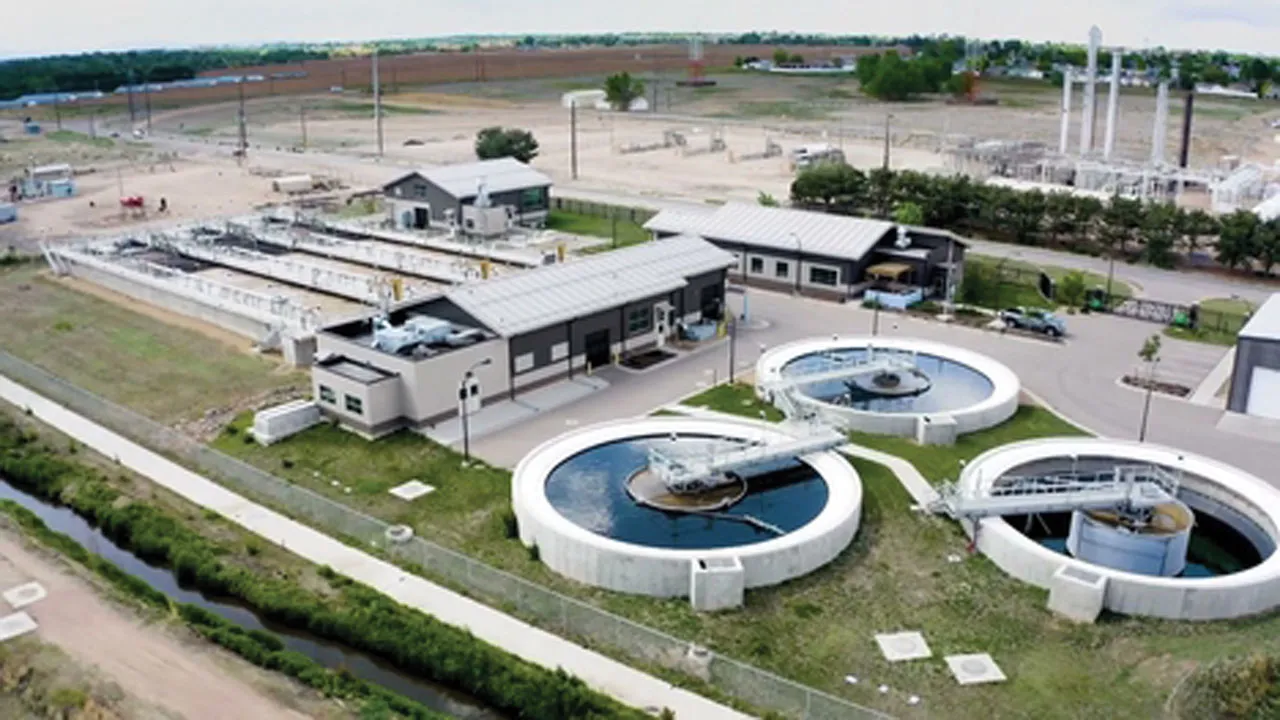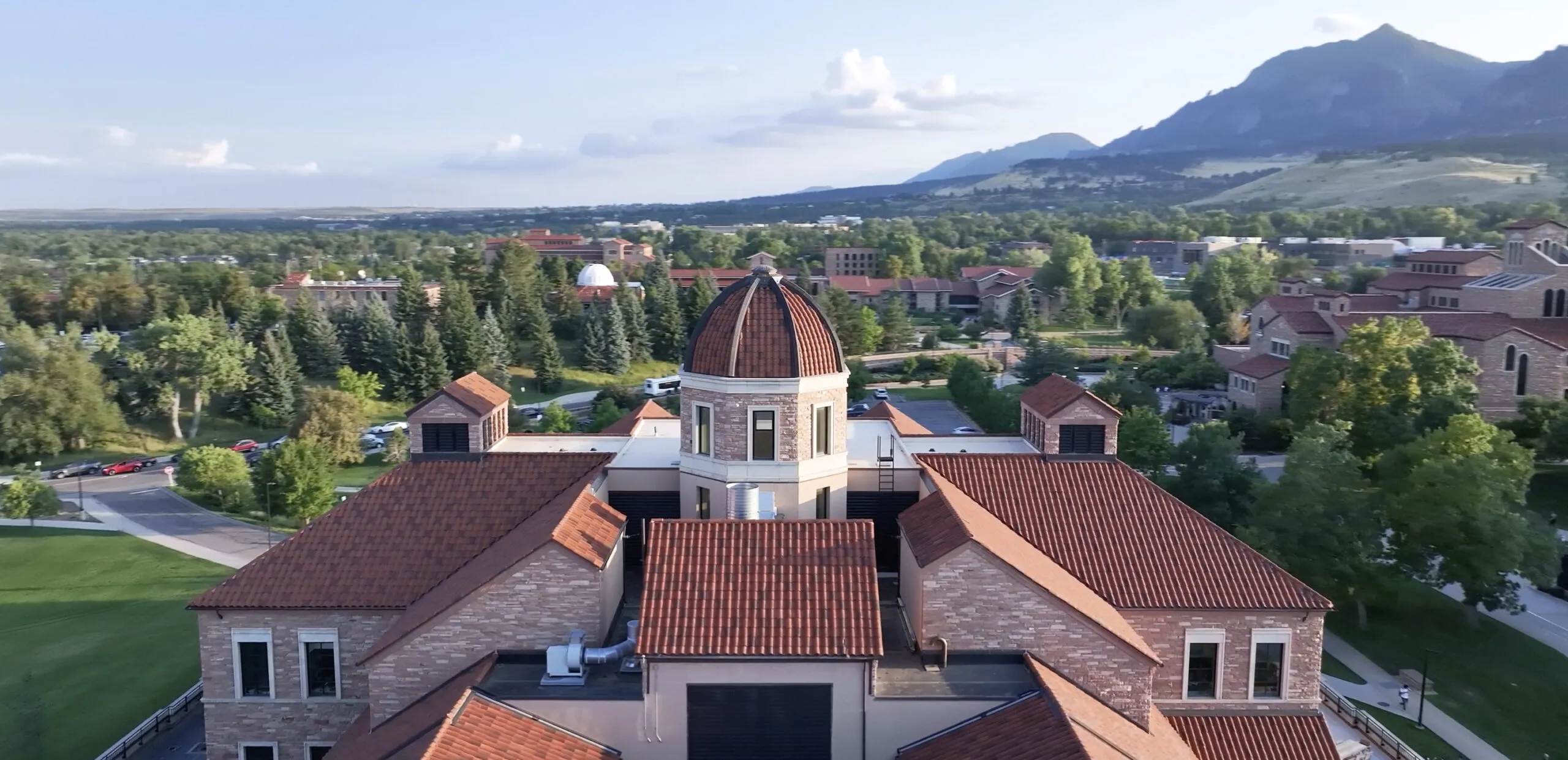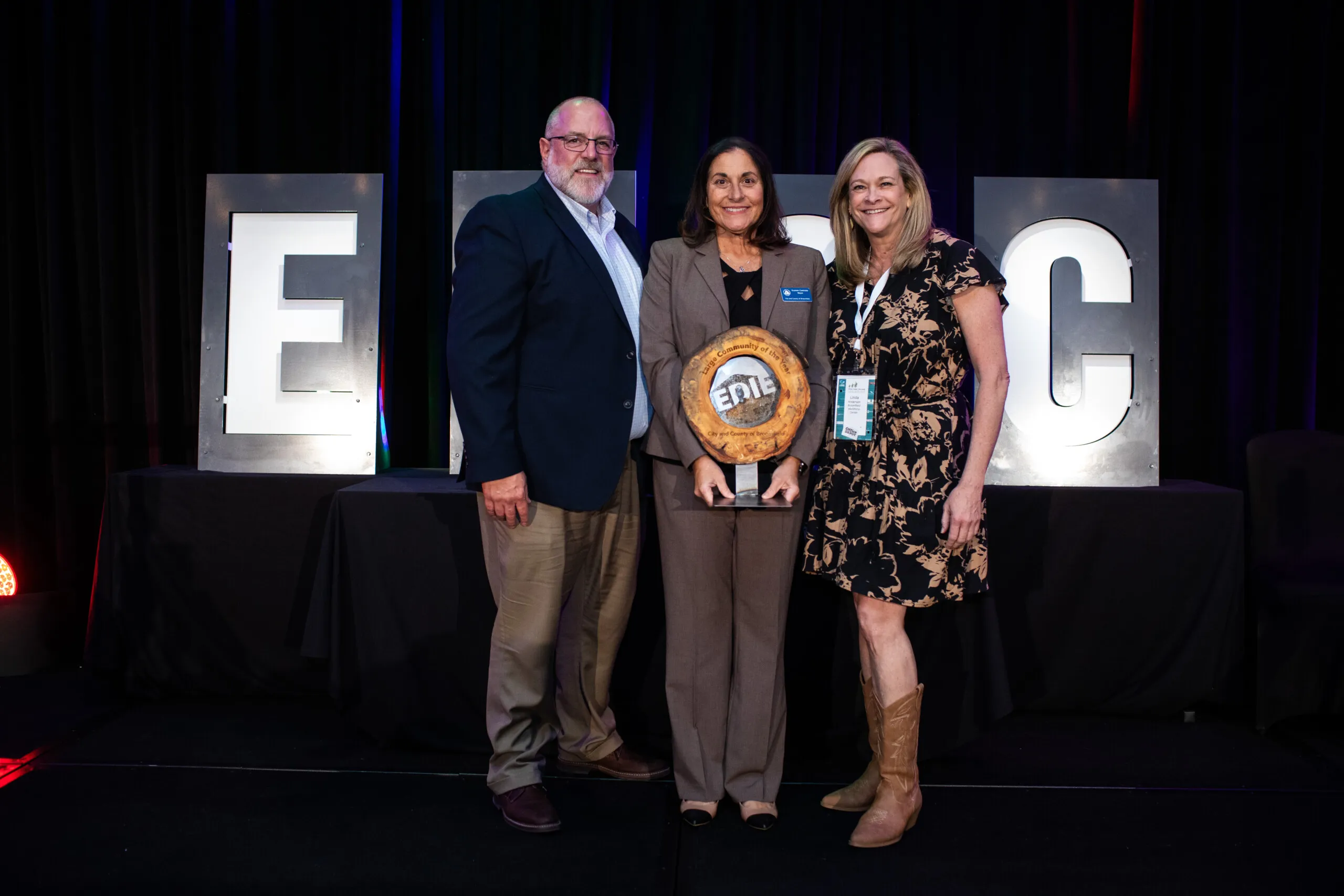Boulder shooting: Employers face uphill climb as workers return to work
BOULDER — The King Soopers off Table Mesa Drive in south Boulder, as well as many of the businesses in the shopping center nearby, sat devoid of both customers and workers today, the day after the shooting that took 10 lives, including that of a Boulder police officer.
At some point, those businesses will reopen. What will be the state of mind of employees and customers when they do? Will some workers decide not to return? And what about workers in similarly situated retail establishments anywhere?
Answers to those questions are not likely anytime soon. But one thing employers can count on: Employees will be traumatized, “and that’s not going to go away soon,” said Craig Knippenberg, a licensed mental-health counselor in the Denver area who has worked with students and families after the Aurora theater and Columbine school shootings. He said responses of staff members will vary and employers would be wise to treat each person as an individual and be flexible, he said. He’s a principal with Knippenberg, Patterson, Langley & Associates.
SPONSORED CONTENT
Kathleen Alt, co-chair of the employment law division of Berg Hill Greenleaf Ruscitti LLP in Boulder, said employer response will depend on the type of business under consideration.
“There are different types of workplaces — public workplaces, such as King Soopers, where customers are coming in and going out all day long. Then there are private offices” such as law firms and service companies.
“With either of those situations, an employer needs to make sure there is adequate and appropriate security. In a private office setting, if an employer hasn’t already, there should be a security audit, which we did for our law firm,” she said.
Audits can be performed by outside security companies or internal groups such as a designated security committee.
“You want to maintain the customer-facing nature of your business but also want a workplace where employees can feel comfortable.” She said employers need to strike a balance between reasonable security and creating a workplace where the security itself can be threatening.
Security might take the form of a security guard, video monitoring, employee notification when visitors arrive or systems where front desk people have access to a visitor calendar so they know in advance what they’ll experience.
Regardless, if the employer is public like a grocery store or private like a law firm, “the next thing, the really important thing, is to have a plan that alerts employees when something potentially threatening could happen,” she said.
The difficult part is training and maintaining the training as employees come and go to the workplace. “I recommend a review every six months,” she said.
Even with a plan, people will respond differently to danger, Knippenberg said. “People don’t always follow [the plan] because the amygdala goes off.” The amygdala is the part of the brain that controls fear — the fight-or-flight mechanism.
“Military and police are trained for this, but the rest of us aren’t,” he said.
Knippenberg was working with a group of young mothers Monday when the King Soopers event happened, “and all they wanted to do was talk about it,” he said.
“I asked them, ‘where’s the first place you take your infant?’ Probably the grocery store. Kids become comfortable in the grocery store,” he said. Thus, customers, as well as staff members, are likely to be traumatized by the events of Monday.
Alt said now is a good time for all employers to connect with their employees. “Even at our law firm, there’s somebody who knows somebody” [involved with the incident,] she said. “An employer can’t be all things to all employees, but it’s important to maintain relationships with employees, to see if they feel safe.”
King Soopers employees, who are represented by the United Food and Commercial Workers union, will likely see union intervention in discussions of workplace security.
“When you have a union, the starting place is always the CBA, the collective bargaining agreement. That provides a mechanism for the employer and union to negotiate workplace security,” Alt said.
Regardless of union representation, some employees of King Soopers or nearby businesses may not wish to return to work as quickly as an employer might like.
“First they experience shock, then anger, anxiety, grief and sadness. Then they start looking for answers,” Knippenberg said.
Alt said employers may need to see how multiple state and federal employment laws apply. Employees may be able to take paid time off or perhaps family and medical leave laws will kick in and permit workers to stay away longer with or without compensation.
Flexibility will be key, both Alt and Knippenberg said.
—-
Editor’s note
Mental Health Partners, Boulder County’s community mental health center, is another resource that workers or employers can use for crisis, trauma response and mental health services.
- For immediate crisis support, community members can call the 24/7 Statewide Crisis Line at 1-844-493-TALK (or text TALK to 38255) or visit the 24/7 Walk-in Crisis Center & Addiction Walk-In Services at 3180 Airport Road, Boulder CO.
- Community members who need support can access mental health services via Mental Health Partner’s main line at 303-443-8500.
- The community can also visit www.mhpcolorado.org for mental health resources. A separate webpage of services specific to the King Soopers event will be live Wednesday.
- The agency’s social media sites (Facebook: @MentalHealthPartnersCO; Twitter: @MentalHealthCO; Instagram: @mentalhealthpartnersco) are also posting support and resources for the aftermath of a traumatic, mass violence event.
© 2021 BizWest Media LLC
BOULDER — The King Soopers off Table Mesa Drive in south Boulder, as well as many of the businesses in the shopping center nearby, sat devoid of both customers and workers today, the day after the shooting that took 10 lives, including that of a Boulder police officer.
At some point, those businesses will reopen. What will be the state of mind of employees and customers when they do? Will some workers decide not to return? And what about workers in similarly situated retail establishments anywhere?
Answers to those questions are not likely anytime soon. But one thing employers can count on:…





